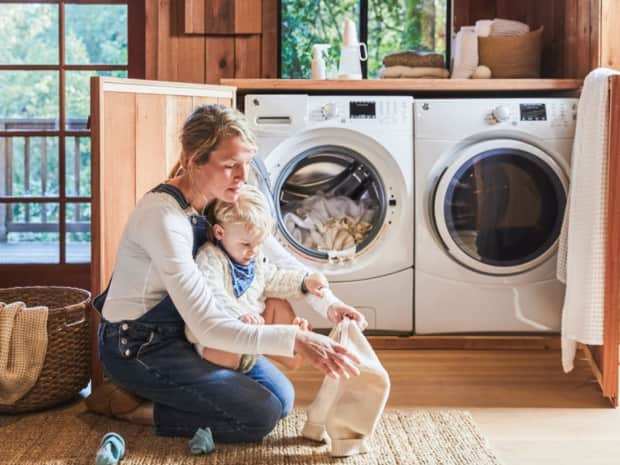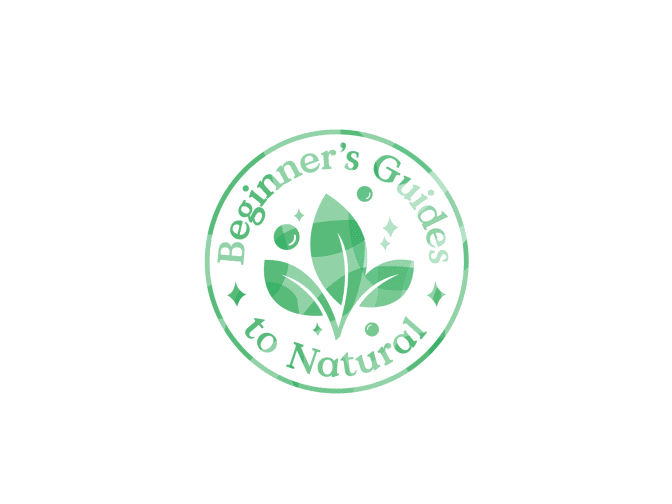Sodium Lauryl Sulfate
You may try to avoid sodium lauryl sulfate (SLS) in your shampoo, but it’s also used as a cleaning agent in your laundry detergent — as well as in industrial engine degreasers (yes — like your car engine!). SLS is toxic to aquatic life, and it’s associated with a range of health problems in humans. As if you need more reasons to avoid SLS, it’s also been shown to cause blackheads and hair loss over prolonged periods of use.









